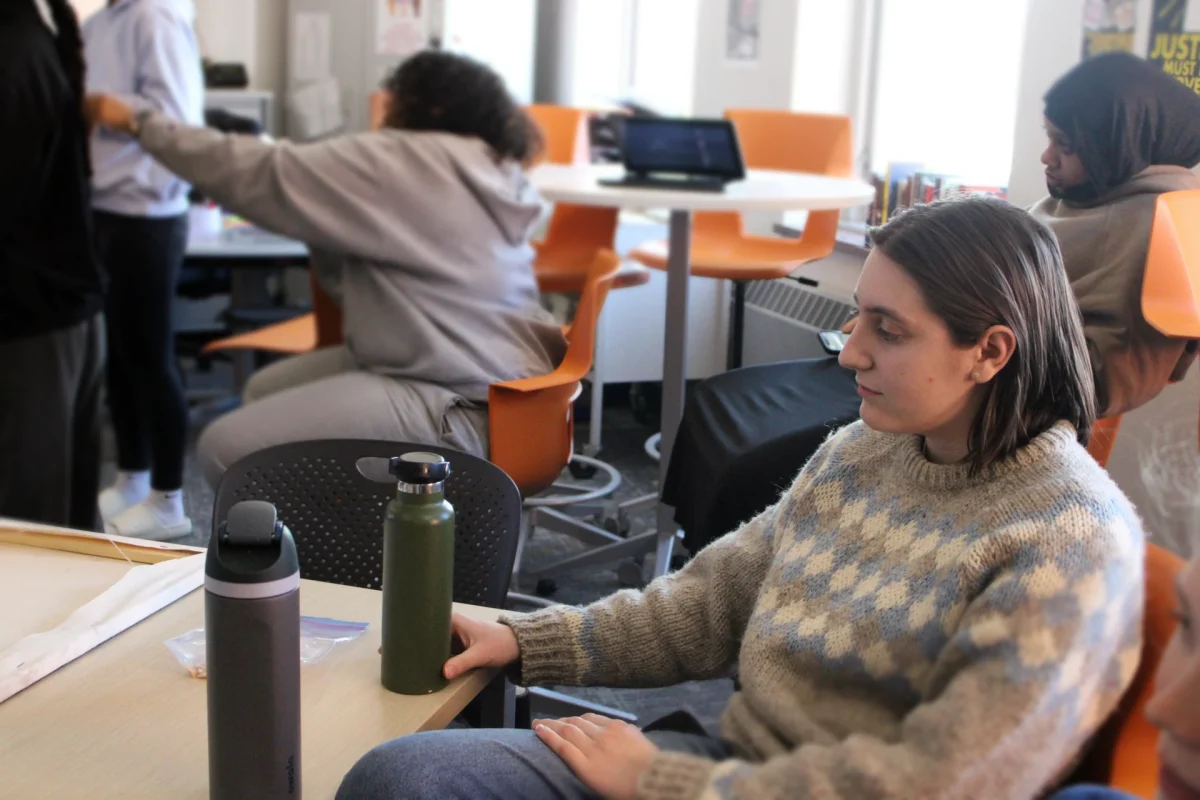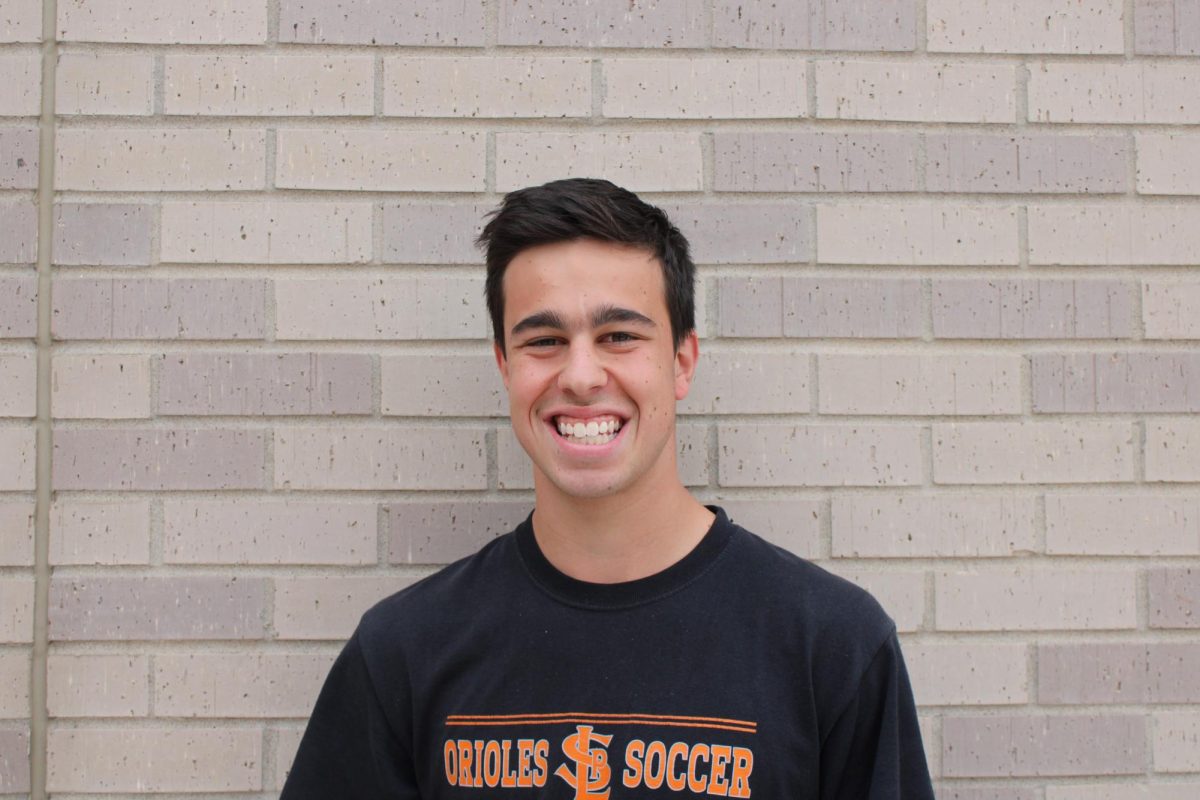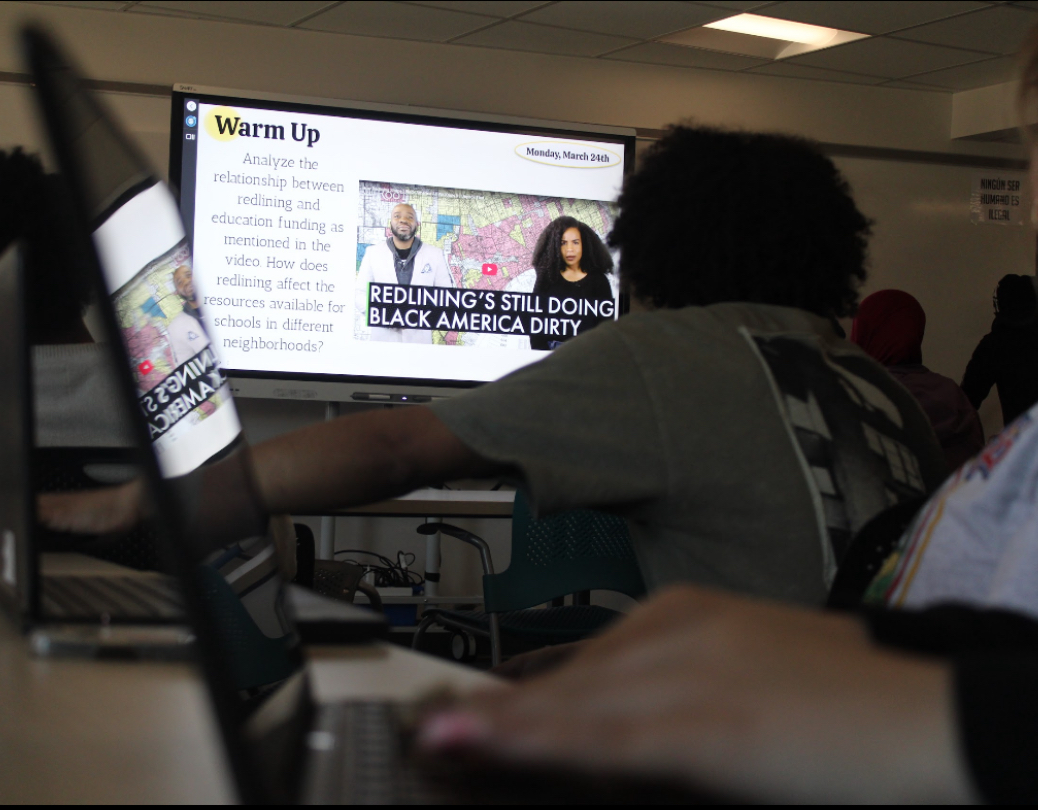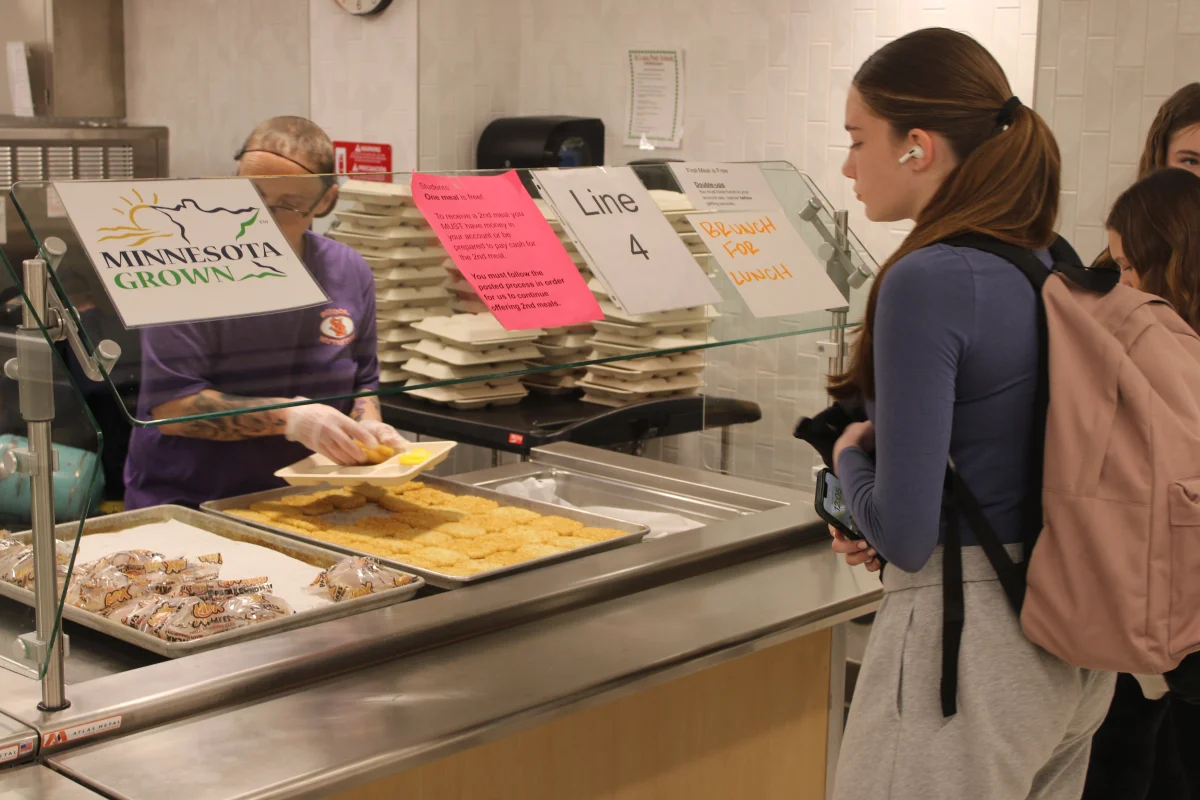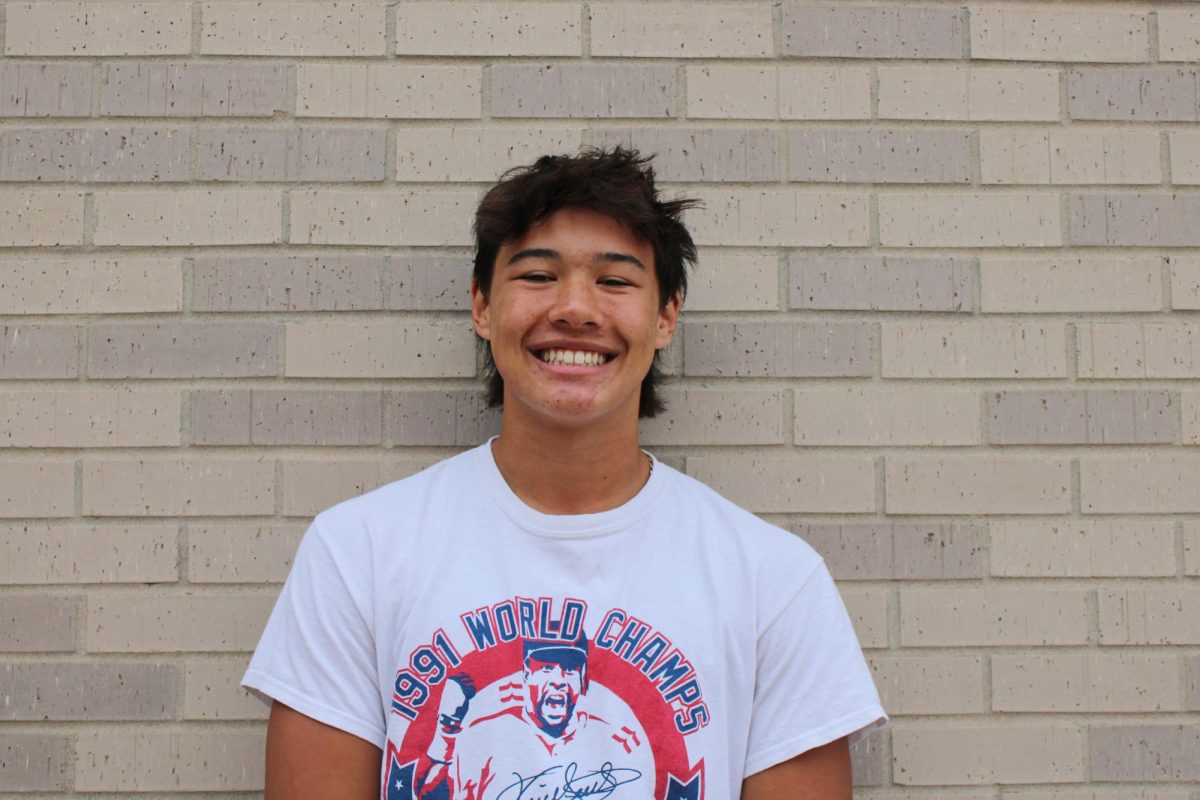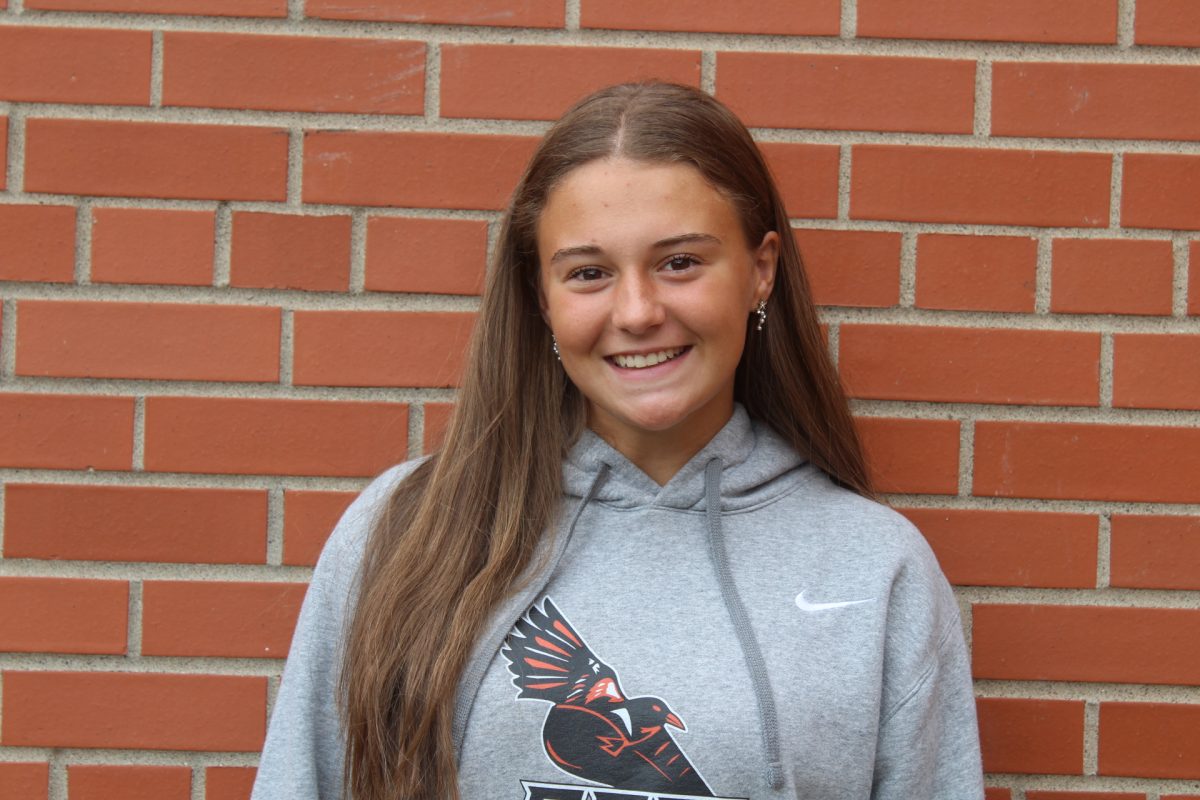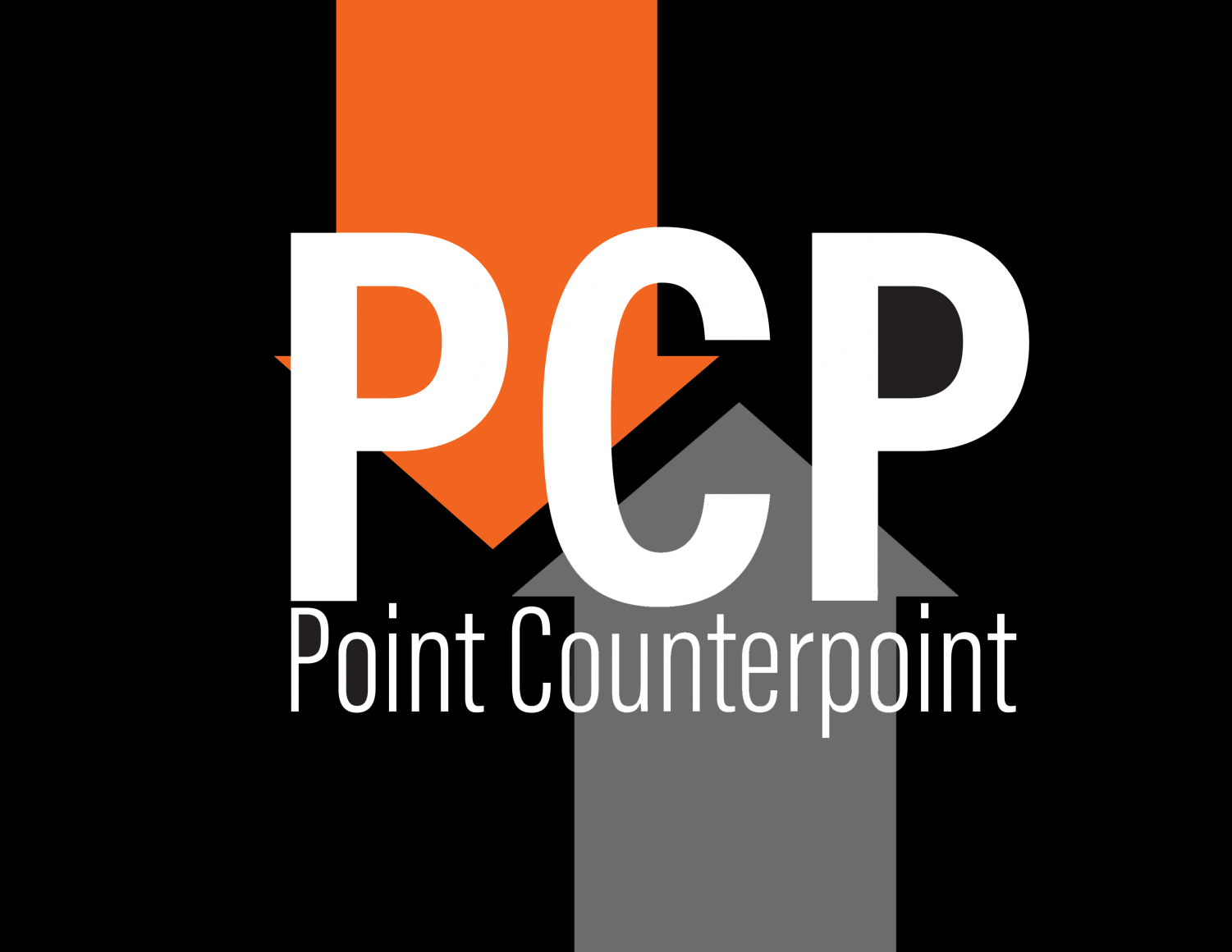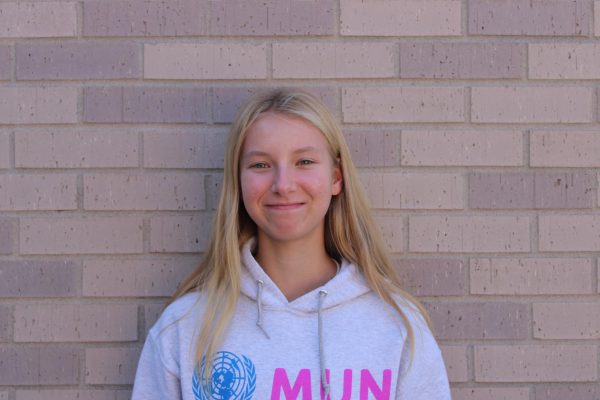Park has instituted a complete ban on food and drinks that are not water in classrooms. Food and non-water drinks are expected to be eaten or drunk solely in the cafeteria and not in any other areas of the school. Food and drinks have the potential to distract the class as well as cause messes. Many board members have noticed a lack of cleanliness in classrooms because of student actions, however, it is hard to say if banning food and non-water drinks has truly had a positive impact. The Echo Editorial Board believes that this policy, while benefiting janitors and fasting students, has major drawbacks for student athletes and students with medical conditions.
The Echo Editorial Board believes that on paper, this policy could benefit janitors who clean the school as well as help the overall cleanliness of the school. However, in practice, many members of the board noted that the policy was rarely enforced by teachers and even more rarely enforced effectively. The board noted it is very hard to stop a student from eating if they are hungry and that attempting to may further disturb the classroom. Additionally, it is difficult to punish a student for doing something as simple as eating or drinking a non-water beverage. The board said that another group that the ban may benefit is Muslim students who observe the holiday Eid by fasting. Because these students are not eating during the day, they may be distracted by other students eating, which could disrupt the classroom environment.
Another drawback the Echo Editorial Board noticed was a lack of sustenance for student athletes. Many board members agreed that student athletes may need more food, especially before games, to ensure they have enough energy to play and reduce the chances of injury. Additionally, the Echo Editorial Board noted that the school ban may cause problems for students with health conditions such as diabetes, where extra food may be required to avert an emergency. The Echo Editorial Board believes that a ban on food negatively impacts the lives of student athletes and students with medical conditions by putting them in a position where they either need to break the rules or face injury.
While the Echo Editorial Board considered the possibility of exceptions, the board decided this would complicate the situation further. Some board members suggested there should be exceptions for drinks with lids, however, the board believed this would make the rules less clear, as it is hard to ask teachers or admins to use discretion as to what is an acceptable drink cup and what is not. Furthermore, the board agreed it was asking a lot of teachers to enforce a rule that is very difficult to enforce and may cause more time to be wasted or get in trouble for not enforcing it. Additionally, if more and more exceptions were to be implemented, the policy would become harder and harder to enforce.
The Echo Editorial Board unanimously believes that teachers should be able to decide their classroom’s food and drink policy and that communication around excess mess should be streamlined through the administration and janitors.



